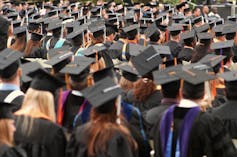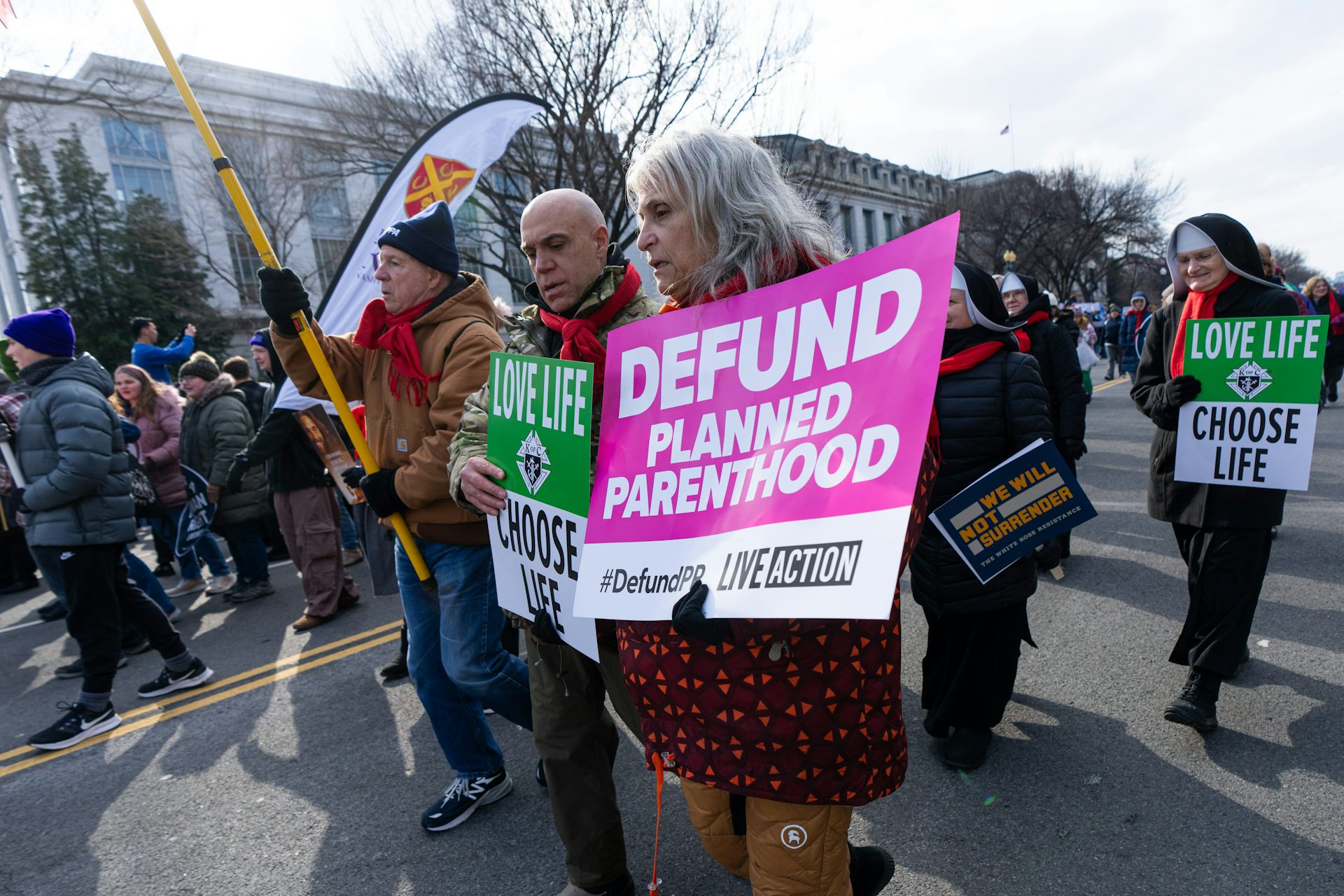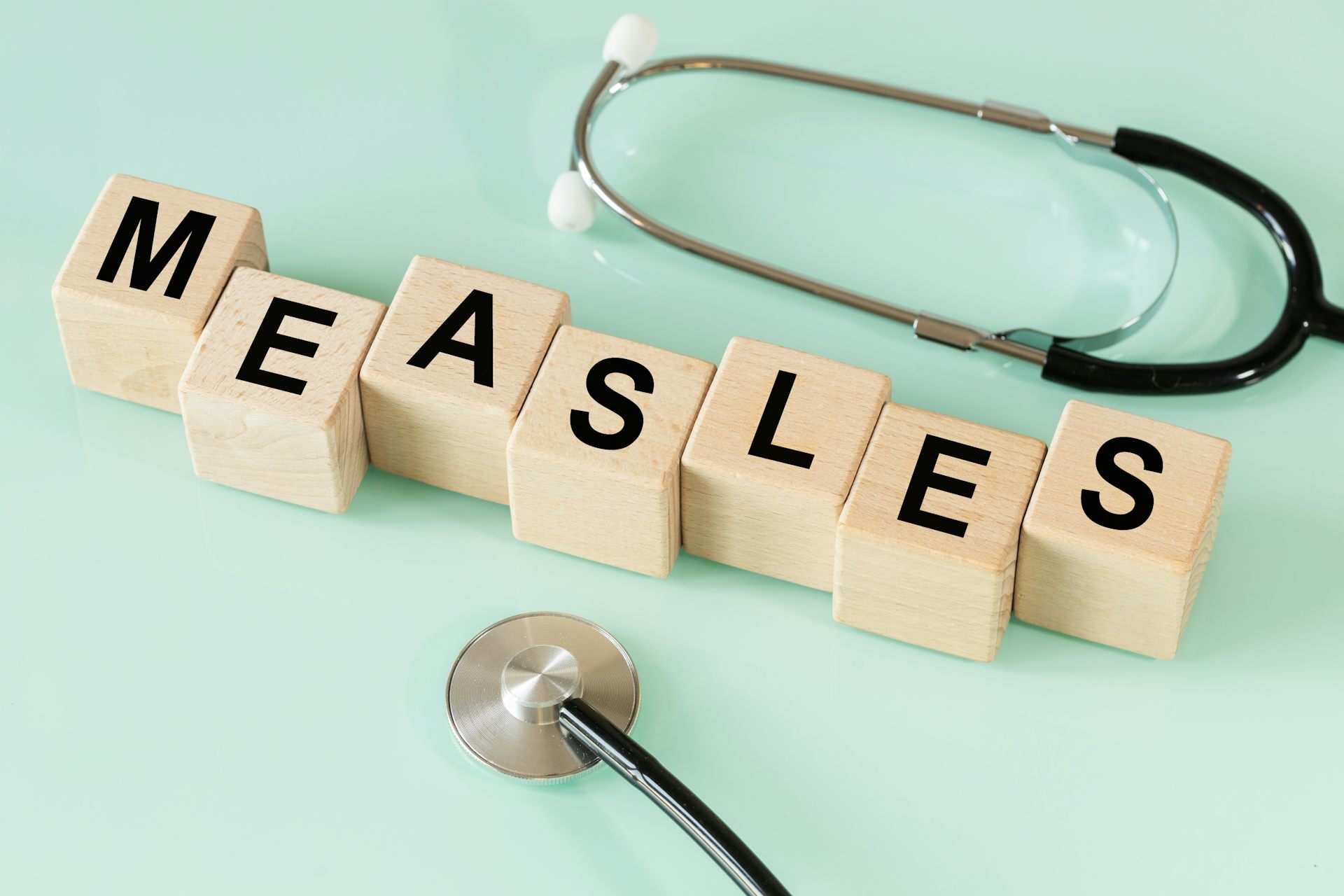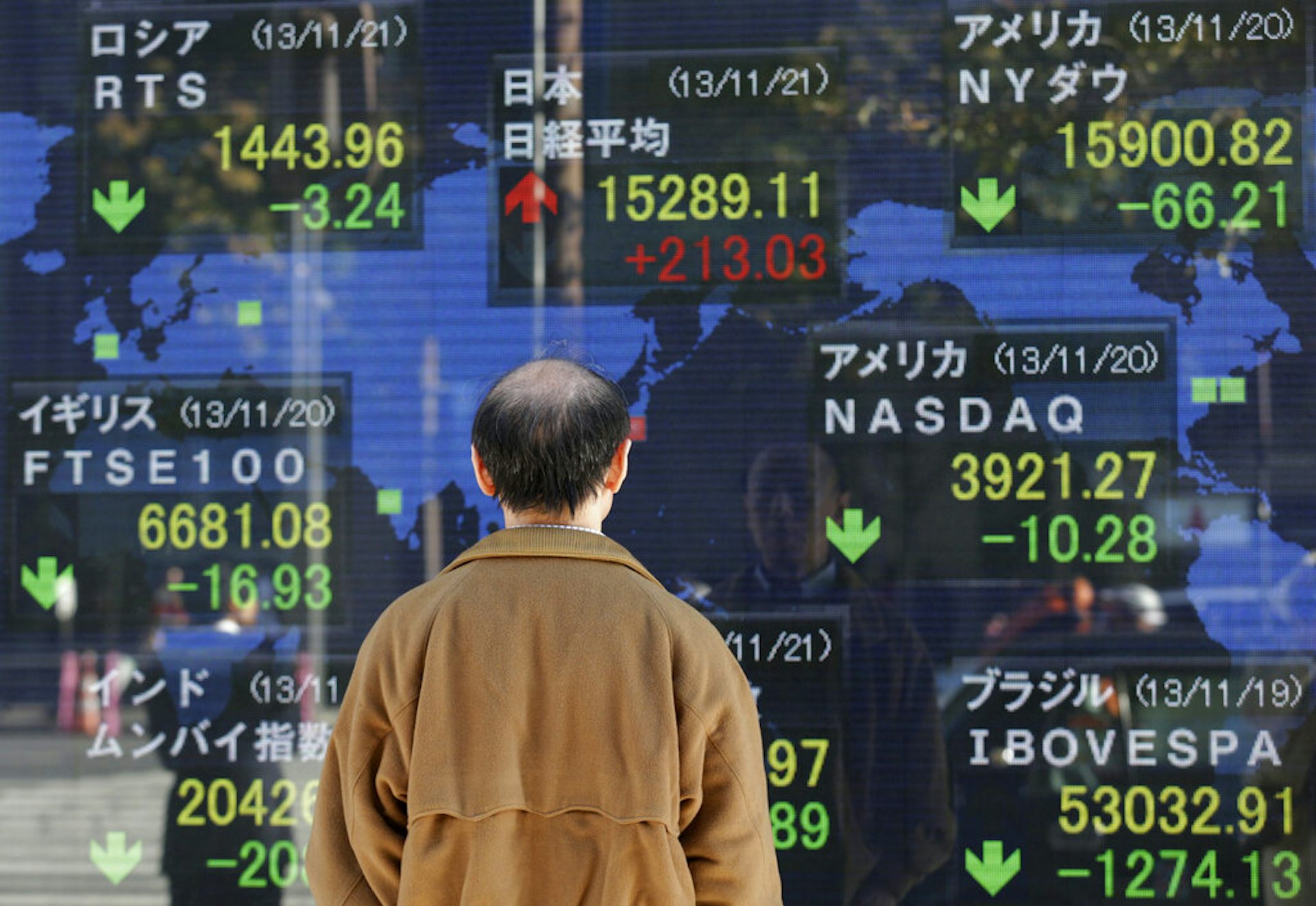COVID-19 could shrink the earnings of 2020 graduates for years to come
The economic fallout from COVID-19 will likely harm new workers in distinct ways with long-term effects, three economists say.

Before the coronavirus pandemic forced businesses and schools to close, high school and college graduates from the Class of 2020 could have expected to graduate into the strongest job market in 50 years.
Now, due to massive economic fallout, the Class of 2020 is at risk of graduating into a recession.
This souring economy has important implications for more than 3.5 million students expected to graduate from high school in 2020, and the more than 1.3 million students expected to graduate from a two-year or four-year college.
The social distancing that has upended business as usual is causing a wave of layoffs and furloughs, with an unprecedented 3.3 million new unemployment claims filed in the week ending March 21.
And that’s just the beginning. Experts predict the unemployment rate will eventually rise from 3.5% in February to as much as 30% by June.
We are economists who study the link between education and employment. Should a recession occur, we believe young workers and new grads may be hit hard. History and research also show that the looming economic downturn could have distinct consequences for the Class of 2020 that outlast the economic downturn itself.
Bigger toll for young workers
Younger workers typically have more trouble finding and maintaining employment in a recession. For example, during the Great Recession, the unemployment rate for all workers peaked at 10% – about half of the 19.2% peak for workers between 16 and 24 years old.
During a recession, people attempting to enter or re-enter the labor market will have a harder time finding employment and therefore have less access to employer-provided health insurance, potentially leaving both their physical and financial well-being at greater risk. About 14% of Americans age 19-24 are uninsured, much higher than the 8.5% nationwide rate of uninsurance.

Second, younger Americans disproportionately work in the food, retail, leisure and hospitality industries. Those workplaces are all being hit hard as consumers follow government orders to stay home.
Finally, new graduates are not in the best position to benefit from the US$2 trillion federal coronavirus relief package that, among other things, is designed to help employers keep or rehire workers. This relief will do more for people who were already working than new graduates seeking to enter the job market or find a better paying job.
Effects could last several years
The Class of 2020 could feel the effects of a recession well after the recession has ended. Prior research has found that U.S. college students who graduated during a recession earned 10% less the first year after they completed their studies than would otherwise be expected. And the negative effects lasted over the next seven years.
Why? Researchers attribute these losses to college graduates taking jobs that pay less right after they graduated.
Research on Canadian students suggests the effects may be long-lasting – those who graduated in recession years had initial income 9% below students who graduated in better economic conditions, with the gap closing to zero over the next 10 years.
In the past, the negative effects of graduating in a recession did not affect everyone the same. Highly skilled graduates, those graduating from more selective colleges and universities or who majored in fields that usually lead to high salaries, tend to recover early hits to their earnings by changing jobs and employers once the economy rebounds. All else equal, it pays more to major in engineering than theater. And these differences are magnified after recessions.
What young workers can do
1. Stay healthy
While the individual risks of COVID-19 may seem low for them, young people can nevertheless get quite sick, and they can transmit the virus throughout their communities – including to their more vulnerable friends, neighbors and relatives. It is worth stating the obvious that becoming ill with COVID-19 would make it much harder to work or to find work, and that becoming infectious could worsen the health and financial security of others.
2. Pay attention to relief efforts
Grads can actively seek out benefits for which they or their employers may be eligible. Unemployment relief, for example, may be available to students who have lost jobs, even if they were working part-time, and partial benefits may be available for those whose hours were reduced as a result of the virus. In addition to expanded unemployment insurance provisions, federal relief efforts include payroll support for businesses, direct cash support to all individuals, temporary suspension of student loan payments, and a pause on foreclosures and evictions for both homeowners and renters. Diverse state, local, and private benefits are popping up as well, such as child care for a broader definition of emergency workers, and meals for children whose schools are closed.
3. Consider staying in school
Some graduates may be better off by staying in school to pursue another degree. They may have plenty of company: Enrollment typically rises during recessions. Staying in school will make graduating during a recession less likely and could help graduates land a higher-paying job later on. Continuing students should be cognizant of additional student debt, but also the potential boost in earnings from further education. Another consideration is that the implicit cost of being in school – the income given up because an individual is in school instead of working – is now lower than normal.
We close on a note of optimism. Despite dire short-run predictions for the labor market, economic improvement is expected throughout the second half of 2020 and into 2021. Although we have yet to see the full extent of layoffs and overall economic slowdown induced by COVID-19, analysts currently expect that the U.S. will get back to work once the virus is under control.
[Get facts about coronavirus and the latest research. Sign up for our newsletter.]
The authors do not work for, consult, own shares in or receive funding from any company or organization that would benefit from this article, and have disclosed no relevant affiliations beyond their academic appointment.
Read These Next
Federal and state authorities are taking a 2-pronged approach to make it harder to get an abortion
Four years after the Supreme Court’s Dobbs ruling gave states the power to ban abortion, further restrictions…
US experiencing largest measles outbreak since 2000 – 5 essential reads on the risks, what to do and
Public health scholars worry that the resurgence of measles may signal a coming wave of other vaccine-preventable…
Has globalization lessened the importance of physical distance? For economic shocks, new research su
New research adds evidence to a common thesis offered after the end of the Cold War that globalization…





